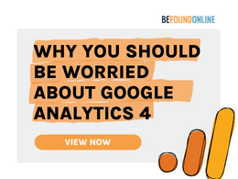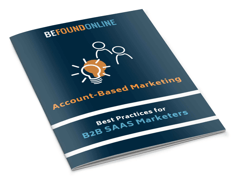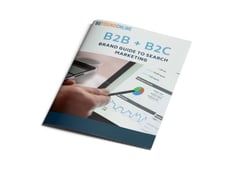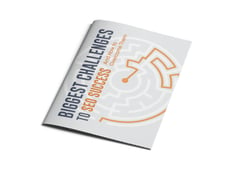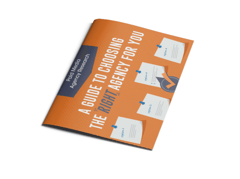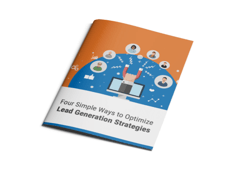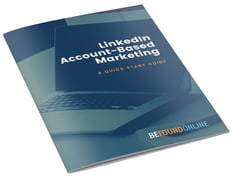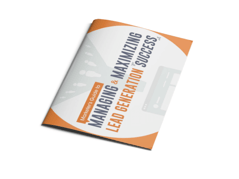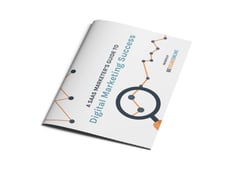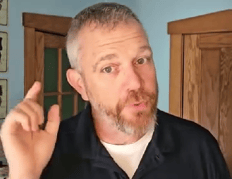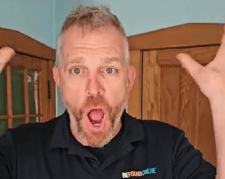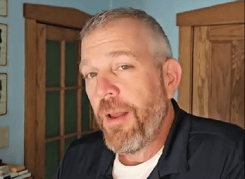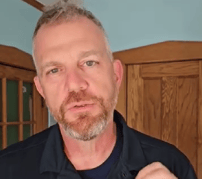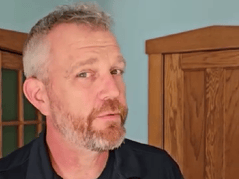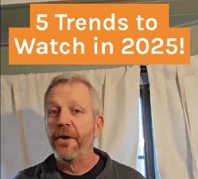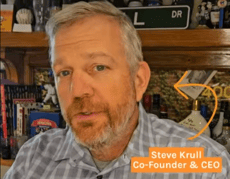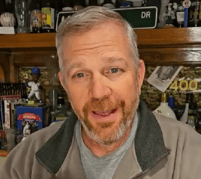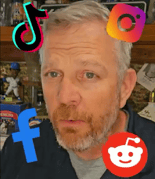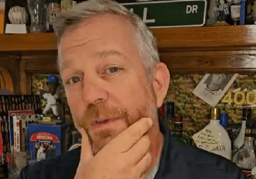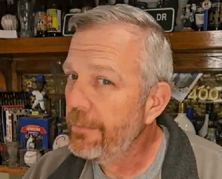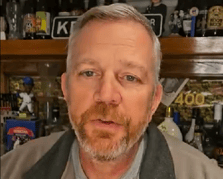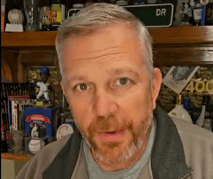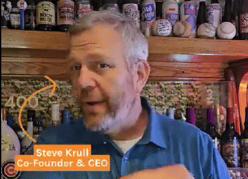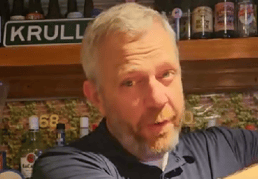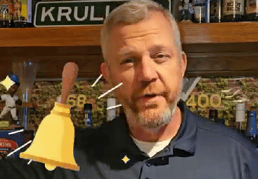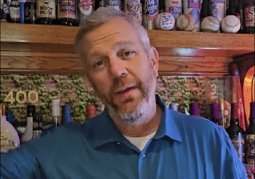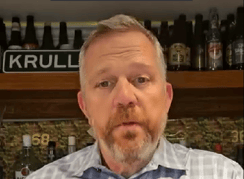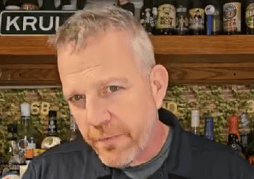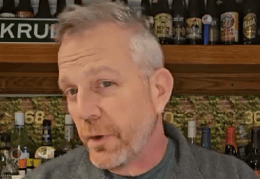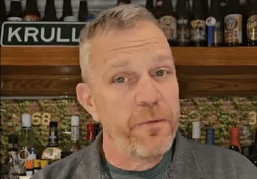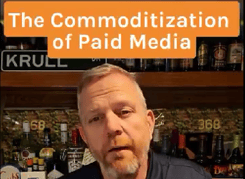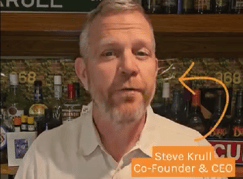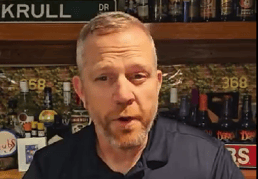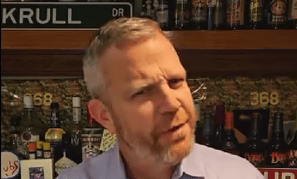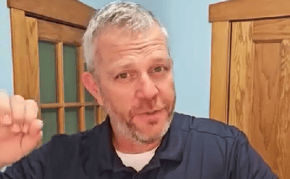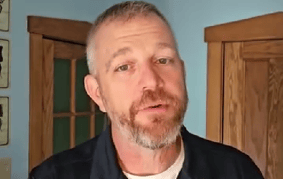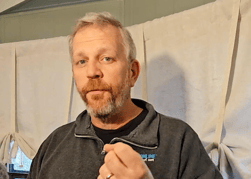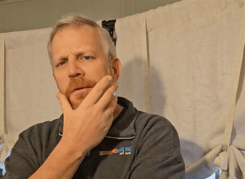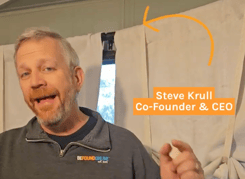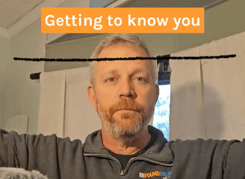What Paid Media Can Learn from SEO Keywords (and Vice Versa) - Sharing Insights for More Intelligent Campaigns
March 25, 2023
5 Minute Read
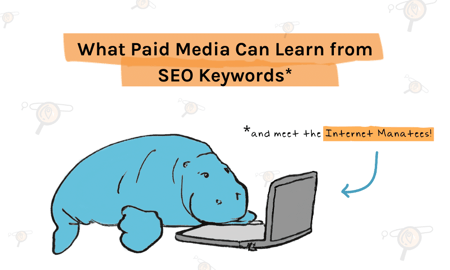
Hi Everyone!
We’ve talked about this before, but if you haven’t read it, no big deal. I’ll summarize:
A partnership between SEO and SEM is incredibly beneficial to you and can drive great results!
And I’m not just saying that because BFO has a great SEO team. I’m saying it because it’s the truth. Across my decade plus doing Digital Marketing, the clients that saw the strongest performance across the board were clients that were shared with SEO and Paid Media.
“But Curtiss, what if we love our SEO team at SEObelisk.com and also love our Paid Media team at BFO?”
Glad you asked! We’ve collaborated with teams of all sorts, and coincidentally, that’s the theme of my listicle below.
7 Benefits to Partnering Your SEO and SEM Keywords
1. Collaboration
While we often live in silos in our respective roles and responsibilities, it doesn’t matter that you’ve got the number one spot across your SEO keywords if your SEM campaigns are performing poorly. And for agency folk, it’s this simple: If one of you has poor performance, then the client has poor performance, so that means you all have poor performance. So how do you improve performance?
2. Shared Intelligence
If you’re ranking #1 on SEO for “Best Agency for Underwater Basket Weavers,” then you absolutely need to be bidding on that exact keyword in your PPC accounts. (You should also bid on the phrase keyword as well…. See what I did there?) When a brand consistently shows on the SERP for shared SEO and Paid Media keywords, the Internet Manatees sprinkle your site with magic kelp, and search engines eat it up and give you better rankings. It’s true. Google it. And when building out new Paid Media campaigns, it’s a best practice to look at your SEO keywords to not only jump start your keyword research and build process, but also to identify what is missing from both PPC and SEO.
3. Filling in the Gaps
Most advertisers don’t have the budget or resources to show in both the top SEO and PPC positions for all of their keywords every single time. If you’re in this position (pun fully intended) look at your analytics and determine if you can reduce cost on some Paid Media keywords whose SEO counterparts are doing well, and increase spend on PPC keywords that are struggling. Or whether you can shift your SEO keyword strategy on keywords with already high rankings (where your PPC keywords are also showing at the top of the SERP), and begin a new SEO keyword strategy to optimize underperforming keywords.
For those ridiculously high cost per click PPC keywords that deplete your daily budget before noon because all your competitors are bidding on too, put some extra effort in making sure your SEO pages are built out to ensure when your PPC ads go dark, your SEO pages are still showing up on the SERP. (This is also great for when you want to set up day-parting to save budget on PPC, but continue to show on the SERP.)·
4. Poor SEO Rankings
New product with a new landing page? New website? Rebranding?! You’re not going to have the greatest SEO rankings right out of the gate because SEO takes time. Whereas with PPC, so long as you have a landing page, an ads account, a credit card, and a decent budget, you can almost guarantee your ads will be on the top of the SERP on day one (emphasis on almost; there are always exceptions).
If your SOW with SEObelisk.com only allows for tracking 25 keywords a month, your Paid Media Team can easily build out new PPC keywords and work them into your existing strategy. That’s the beauty of PPC: You only pay when someone clicks on your ad (it’s literally right there in the name: Pay-Per-Click). And if you build out SEO keywords, and no one clicks on your ads, then you’re wiser and it didn’t cost you a dime.
5. Direct and Timely Response
When you have an urgent need: whether you’re running a short promotion or sale on your site, you’ve got a career opening that you’re anxious to fill, or you’re hosting a physical/virtual/metaphysical event in the near term, like with newly launched pages, your SEO results won’t always be at the top of the search engine results. But again: landing page + ads account + credit card + healthy budget = Paid Media ads serving at the top of the SERP.
6. Quick Traffic Wins
So, this one is actually geared towards those of you who have a combination of numbers 3 and 4 above. This can be when your goal is driving awareness and site traffic with less emphasis on on-site conversions, or when you’re in the beginning phase of a multi-touch campaign wherein driving users to specific pages on your site will determine your remarketing/lead nurturing strategy. Yes, absolutely develop your SEO keyword strategy, and Yes incorporate those keywords into your Paid Media campaigns, but allow yourself to be both more and less specific with your Paid Media keywords.
For the people who are searching more top of funnel terms, hit them with a Paid Media ad and land them on a more general page, whereas users who are just a step away from converting based on their search terms, are sent to the landing page with the shortest path to conversion and the most apparent call to action. And don’t forget about your display campaigns as well. Whether running ads on Google Display Network, or targeting contextual keywords across The Trade Desk, be sure to incorporate your SEO-influenced PPC keywords for added reach and greater relevance.
7. Control
PPC drives immediate and controllable results. I’ve said it twice now: landing page + ads account + credit card + healthy budget = PPC ads serving at the top of the SERP. If you’re patient, and your SEO team does their job well, you can get SEO results at the top of the SERP as well. But what you can’t do with SEO is tell the search engines that you want your SEO results to say X in Y order with Z call to action every single time. And you can’t tell SEO the site links you want to include. You can’t tell even tell the search engine spiders to always show YOUR results at the top for your terms.
PPC ads can play a crucial role here with everything from ensuring that Wikipedia isn’t the first mention of your brand that a user sees, to controlling the message when say you’ve got a lot of bad press happening (to the point it pushes your SEO results to the bottom of the page), or even just making sure that everyone knows you’ve been ranked the Best Agency for Underwater Basket Weavers by uwbw.org for the past 26 years. PPC offers you this control.
Finding the Balance
With all things it’s about balance. PPC isn’t the be all and end all, and neither is SEO. Very rarely do we have a PPC client come to us that isn’t doing SEO (or vice versa), that has strong enough results that they can do without the other. Even for the most niche or considered products and services, there’s room for improvement.
I hope that this article showed you some areas and ways to improve your SEO and PPC strategies. As I mentioned, there are exceptions, and please if you feel like you’re one of these exceptions, or you’re stumped at what to do with your campaigns, drop me a line. I’d love to hear from you and see what advice I can offer. And while I’ve got you here: Do you want a 100% totally free audit of your Google Ads account?* If so, you can reach me at curtiss@befoundline.com.
*Offer limited through July 2023; while supplies last; not valid in The Democratic People’s Republic of North Korea

Curtiss Gulash
When Curtiss is not being a Brewmeister, brewing amazing craft beers at Big Cat Brewing Company, in Cedar, Michigan, he is BFO’s Paid Media Team Lead with a specialty in marketing automotive brands. Curtiss is known for his super-human energy and loves taking a project from start to completion. He understands the world of digital media through and through and manages to juggle multiple curveballs, be a terrific team player, and a super coach to his staff.
CATEGORIES
SUBSCRIBE TO OUR BLOG
Stay up to date with the latest industry best practices in digital marketing!





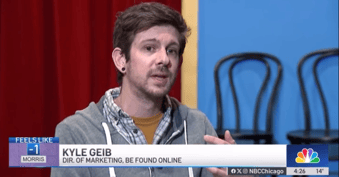



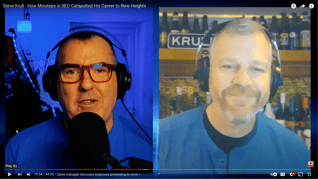

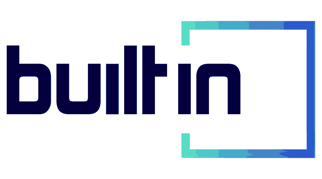
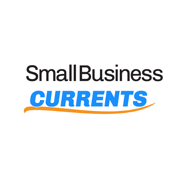
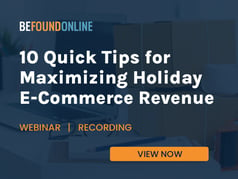
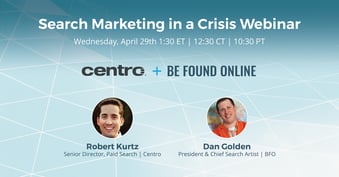
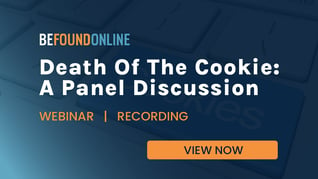
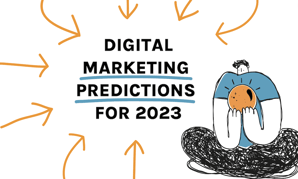
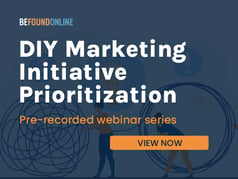
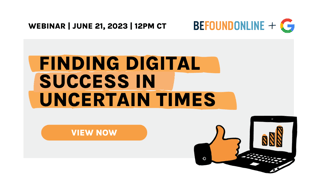
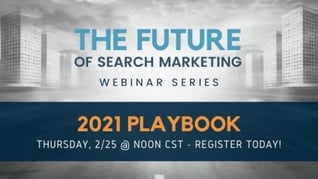
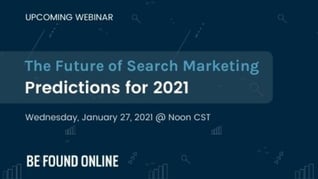

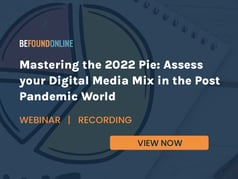
.png?width=339&height=179&name=Webinar%20Banner%20(1).png)
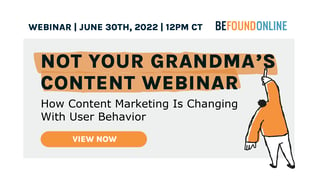
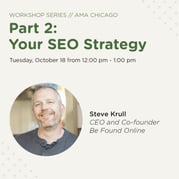
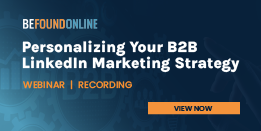
.png?width=339&height=179&name=July%20Webinar%20(Newsletter).png)
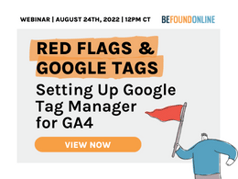
.png?width=339&height=179&name=Webinar%20Banner-April-02%20(1).png)
%20(4).png?width=339&height=179&name=Webinar%20Banner-May-02%20(1)%20(4).png)
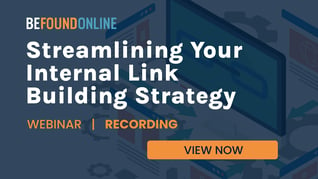
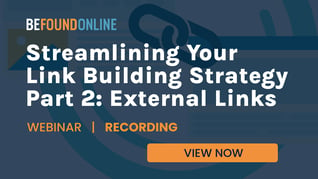
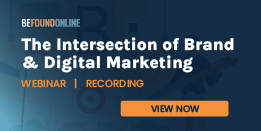
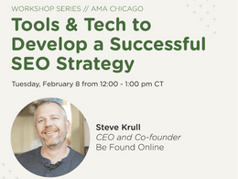
.png?width=339&height=179&name=March%202023%20Webinar%20Ad%20(autoresponder).png)
